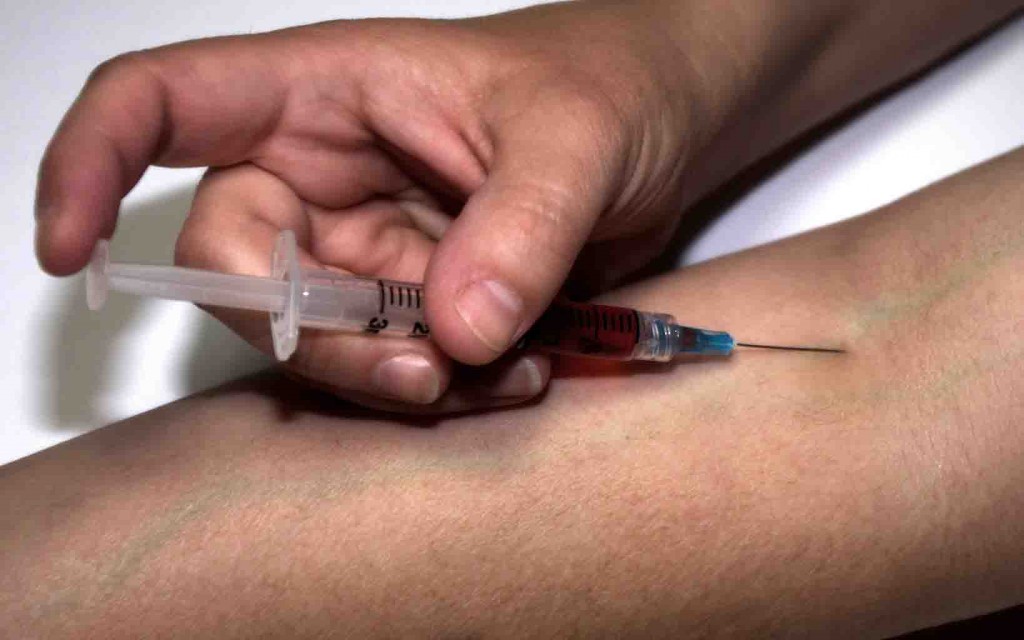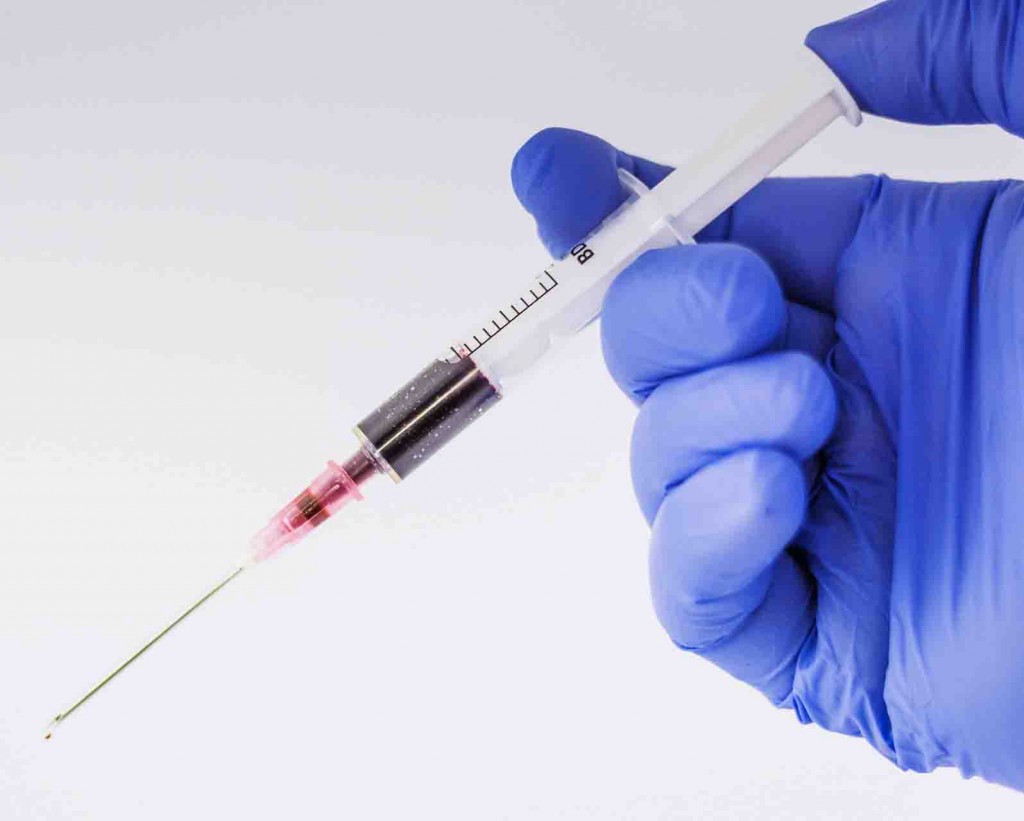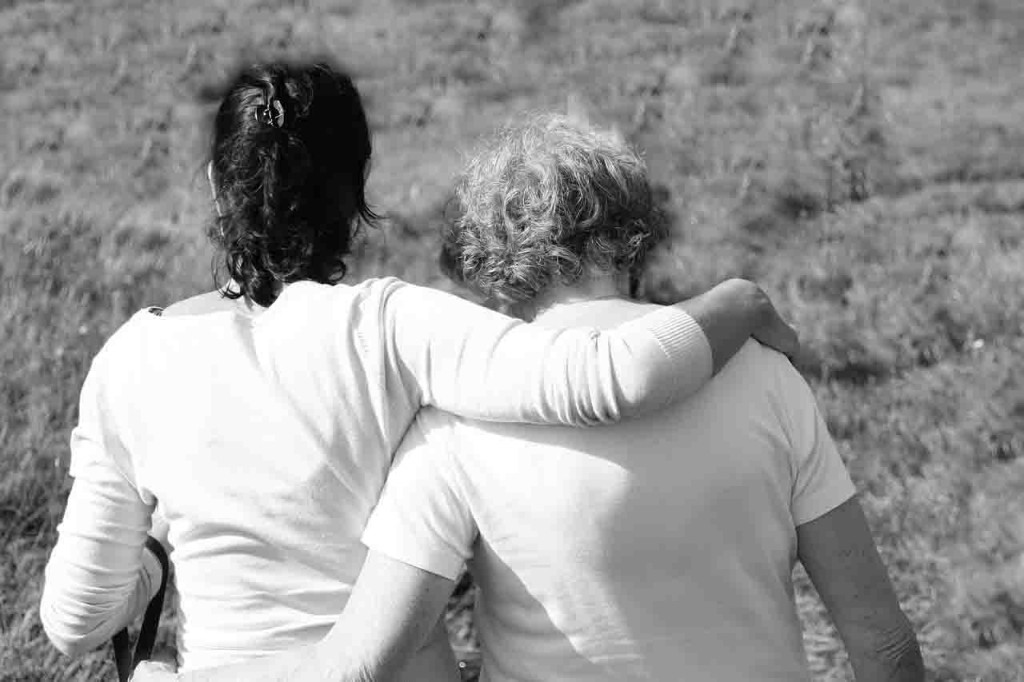AIDS : Awareness Is Definitely Significant!
Dec 01, 2016
4356 Views
The dreaded disease “AIDS” is well known to send a chill down your spine! We know it can be passed on from one person to another – we know we shun the people affected with AIDS – we know we should be more considerate; we should now try and know something more vital now!
Let’s take this World AIDS Day as a platform of learning and try and be more aware!
You should know that…
HIV is believed to be originated in Kinshasa, in the Democratic Republic of Congo around 1920 when it crossed species from chimpanzees to humans. Until much later, we did not know how many people had developed AIDS. The condition and its transmission were unknown – no clues of any noticeable signs or symptoms.
1983, USA: AIDS was reported among the female partners of affected males – suggesting it could be passed on via sex. By the end of the year the number of AIDS cases in the USA had risen to 3,064 – of this number 1,292 had died.
There is immense research and option for treatment now – so why the CAUTION ?
March 2015, Hyderabad: 59 children were injected an antibiotic – all with a single syringe and needle on Sunday night at Niloufer Hospital in the city.
Such unsafe practices raise the risk of acquiring blood-borne infections like HIV, Hepatitis B, and Hepatitis C. “The incident clearly shows violation of the fundamental rule of safe injection practices: one needle, one syringe and to be used only one time,” said Dr Mahesh Joshi, head of emergency services, Apollo Hospitals.

Is this just an issue in a developing country – apparently not ……..
October 2015
“Nearly 70 patients tested for HIV and hepatitis after nurse reuses syringe giving flu jabs”. Sixty-eight employees at Otsuka Pharmaceutical in New Jersey have been warned they may have been given infected blood.
What are the precautions “a” common man takes…
Practice safe sex : This includes using a condom unless you are planning a child. Communicate with sex partner or partners about their sexual history as well as your own history. In terms of getting into an arranged relation, discuss the possibility of you both taking a test and assuring each other of safe heath and a healthy future.
Substance Abuse : People under the influence of regular alcohol and drug use (reuse the same needles) need to be extremely careful. They are easy targets due to their vulnerable state. One may not remember to take any precautions in their muddled state.
Care at Medical Institutes : One should be very alert at hospital and diagnostic centres. You should never share intravenous (IV) needles, syringes, cookers, cotton, cocaine spoons, or eyedroppers with others if you use drugs. One should not be vary of the medical professionals, but an extra set of eyes reviewing the procedure always helps!
Certain good practices for all….

- Wear gloves if you are going to have contact with blood or other body fluids that could possibly contain visible blood, such as urine, feces, or vomit.
- Cover cuts, sores, or breaks in the skin with bandages. This applies to both you and the person living with HIV/AIDS.
- Wash your hands and other parts of your body immediately after contact with blood or other body fluids. Disinfect surfaces soiled with blood.
- Avoid practices that increase the likelihood of blood contact, such as sharing of razors and toothbrushes.
Is AIDS hereditary? If someone in my family has it – am I sure to get it?

HIV is a communicable disease. It is contracted through infection – not a genetic link to the person. For example, if your maternal uncle got it by using a HIV patient’s razor – there is no possibility of you getting the disease, unless you use the same razor as well or transfer blood/body fluids with him.
“AIDS means Acquired Immunodeficiency Syndrome. The word “acquired” specifies that this syndrome is not genetic (hereditary) but acquired by an individual as a consequence of infection with HIV.”
Scientists do state that one’s immunity is related to the ability of acquiring this disease. The syndrome itself cannot be inherited; but a weak immune system is a different story altogether….
Studies show that there could be a genetic link between HIV susceptibility and certain regions in the human genome. The genetic makeup of the host (individual whose body houses the virus) affects the acquisition and development of the disease. However, this warrants further research.
Why is there no permanent cure for AIDS yet?
Research studies have provided quite a few reasons for this. Among the most important are: (i) the host cell of HIV is a very important regulator of the immune system, so we cannot afford to completely destroy it; we have to design drugs that only affect and efficiently destroy the infected cells. (ii) once HIV infects a host cell, it prevents the cell from exhibiting markers indicating that it is infected, thus making it difficult for the immune system to recognize and clear the infection. (iii) the virus can stay in a dormant state inside a cell for years. Hence, even if a medicine could potentially eliminate all the infected cells, the virus could reappear at a later date (iv) it mutates very rapidly, and can programme itself to escape the medication.
“I won’t get AIDS if I stay away from the affected individuals!”
That is a common belief across the world! It’s not true but practiced like religion. But, AIDS does not spread by speaking to them, listening to their story or being considerate. These individuals are sometimes without access to proper medication and care. Their immunity is terribly low, if anyone needs to be defended from disease – it’s truly them.
The condition has been known and discussed worldwide. Not today but from almost 30 years now! AIDS became the first illness debated in the United Nations (UN) General Assembly. The year 1987 was witness to 71,751 HIV cases according to the World Health Organisation, with 47,022 of these in the USA. The WHO also reported that an estimated 5-10 million people were living with HIV worldwide.
In 1988, the WHO declared 1st December as the first World AIDS Day.
This was not to pay tribute to the condition that was slowly growing it’s hold over the population, but to create and raise awareness among us. A day to remember and grieve for the ones that lost loved ones to this disease, a day to teach our future generations the precautions needed to stay safe and most importantly to learn about the growing research in science and genetics, the possibility of therapy and treatment. Let’s take some time out from our hectic schedules and help support groups, provide information to people who don’t have access to it easily, teach our staff and their kids. Every bit helps in this case! Our actions today will help our future!


